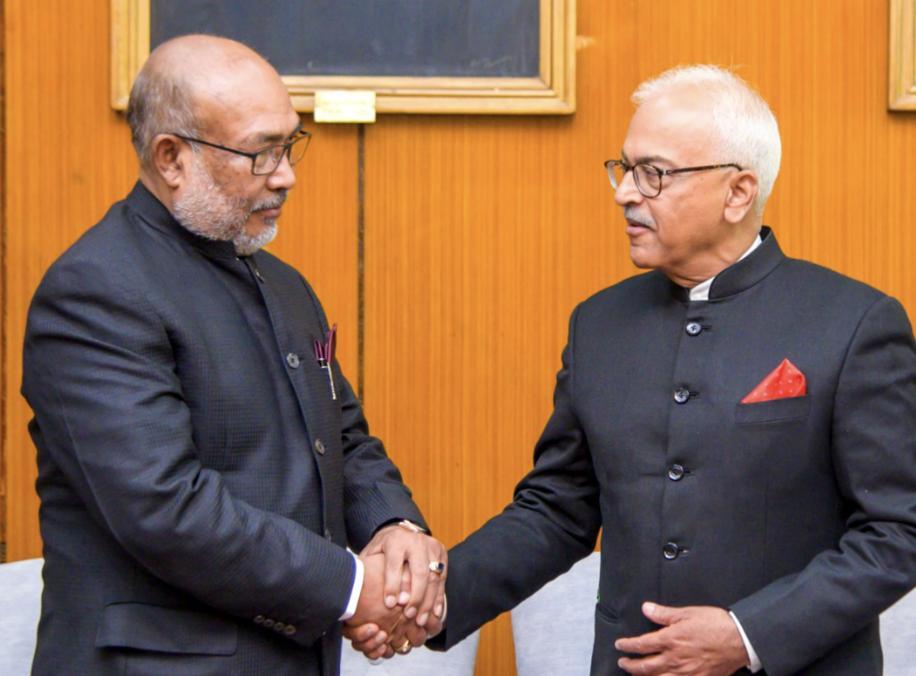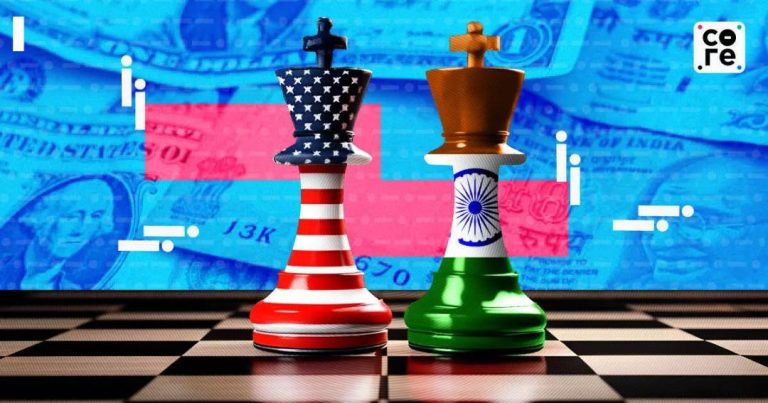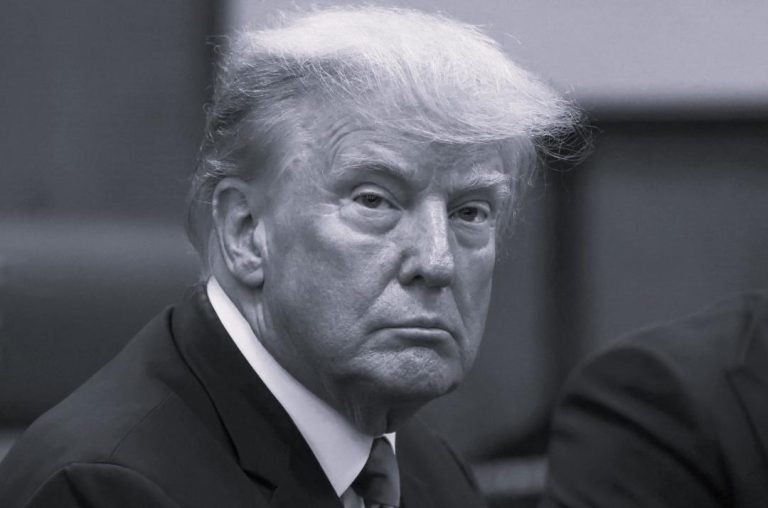
Title: President’s Rule must be imposed in Manipur: Kuki-Zo spokesperson
The resignation of Manipur Chief Minister Biren Singh has sent shockwaves across the state, with many calling for a change in the political landscape. Amidst the chaos, a vocal demand has emerged from the Kuki-Zo community, an umbrella group of Kuki-Zo organisations, for the imposition of President’s Rule in the state. Ng Lun Kipgen, the spokesperson of the Committee on Tribal Unity, stated that the resignation of Biren Singh is a direct result of the community’s struggles for justice and equality.
In an exclusive interview, Kipgen expressed his disappointment and frustration with the state’s political situation, stating that the imposition of President’s Rule is the only solution to bring stability and peace to the state. “Another Chief Minister from among the MLAs (who could now be chosen) will be another person from the majority community,” he said. “The majority community has been dominating the state’s politics for decades, and it’s time for a change.”
The Kuki-Zo community has been at the forefront of the demand for President’s Rule, citing the state’s political instability, corruption, and lack of development as the main reasons. The community has been facing several issues, including land acquisition, displacement, and socio-economic marginalization, which have been exacerbated by the state’s political instability.
According to Kipgen, the resignation of Biren Singh is a direct result of the community’s struggles for justice and equality. “The Chief Minister’s resignation is a sign of the state’s political instability and the failure of the government to address the community’s demands,” he said. “The government has been ignoring the community’s demands for years, and now it’s time for a change.”
The Kuki-Zo community has been demanding a separate state, citing the community’s unique cultural and linguistic identity. The community has been facing several challenges, including language, culture, and identity, which have been exacerbated by the state’s political instability.
The imposition of President’s Rule would mean the suspension of the state’s government and the appointment of a central administrator to govern the state. The move would be seen as a significant departure from the state’s political landscape, which has been dominated by the Congress and Bharatiya Janata Party (BJP) for decades.
The demand for President’s Rule has been met with mixed reactions from various sections of society. While some have welcomed the move, others have expressed concerns about the move’s implications for the state’s politics and the community.
The state’s opposition parties have been critical of the demand for President’s Rule, stating that it would undermine the state’s democratic institutions and the people’s right to choose their leaders. The opposition parties have also accused the Kuki-Zo community of trying to impose their will on the state and its people.
On the other hand, some civil society organizations and intellectuals have welcomed the demand for President’s Rule, stating that it would bring stability and peace to the state. The organizations have also called for the government to address the community’s demands for justice and equality.
The demand for President’s Rule has also been met with skepticism from some quarters, with some questioning the community’s motives and the implications of the move. The skepticism has been fueled by the community’s history of demands for separate statehood and its perceived lack of trust in the state’s political system.
In conclusion, the demand for President’s Rule in Manipur is a complex issue that has far-reaching implications for the state’s politics and the community. While some have welcomed the move, others have expressed concerns about the move’s implications. The state’s government and the central government will need to carefully consider the community’s demands and the implications of the move.
As the state’s political landscape continues to evolve, it is essential to address the community’s demands for justice and equality. The imposition of President’s Rule could be a step in the right direction, but it is crucial to ensure that the move is made in consultation with all stakeholders and with the best interests of the state and its people in mind.






